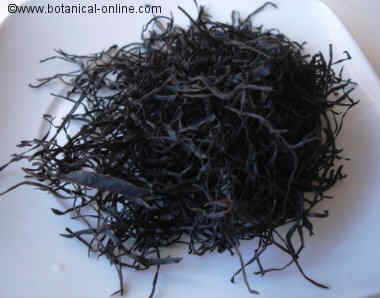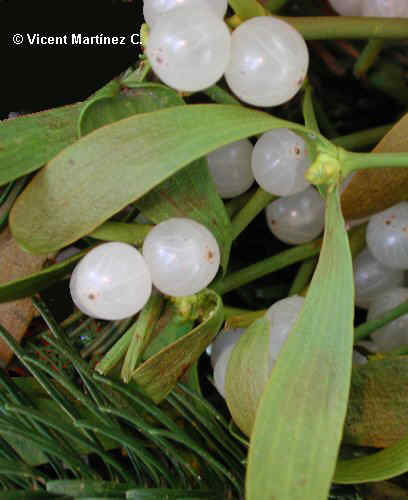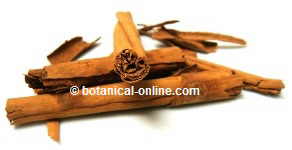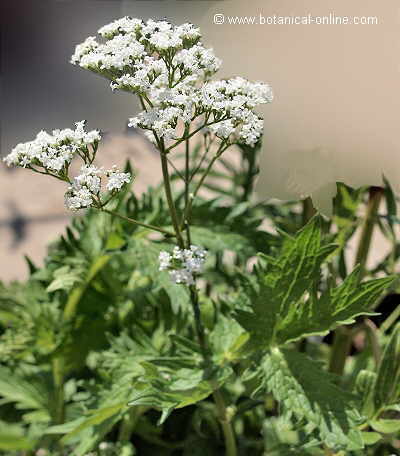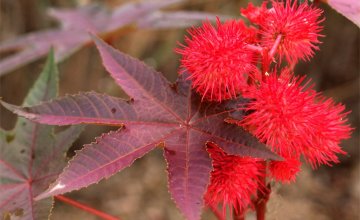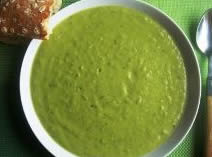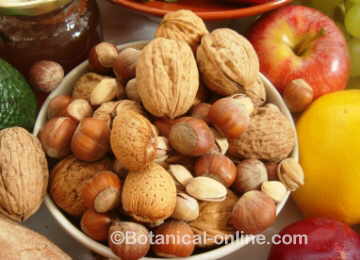Contents [show]
Herbal treatment of insomnia
Phytotherapy: Medicinal plants that promote sleep
The primary role of phytotherapy in the problem of insomnia is to use those plants with sedative and hypnotic properties that will help us sleep better.
Internal use preparations with medicinal herbs to sleep better
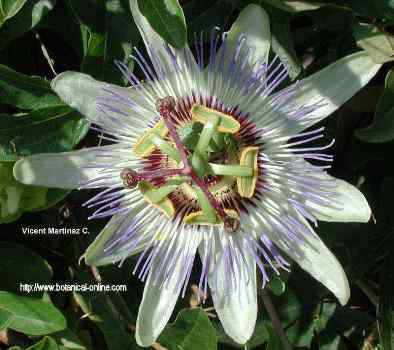
- Passionflower (Passiflora caeurulea) Especially interesting when the situation of unrest does not let us sleep and suffer from insomnia. It can be used with children or elderly people, even with prolonged treatment, allowing them to rest better at night.Very profitable to help those who are following a treatment for depression or have a tendency to be sad or dejected, in situations like the recent loss of a job, death of a dear one, nerve problems associated with menopause.Also very useful to calm nerves in situations where work demands us to face a stressful situation, such as explanations to a public audience, examinations, etc.
- Infusion of a couple of teaspoons of the dried plant in half a liter of water. Drink a couple of small cup a day
- Maceration with the desired quantity of dried plant with the same amount of alcohol for a week. Filter and take a 25 drops per day
- Valerian (Valeriana officinalis) It has hypnotic properties, favoring sleep.
- Infusion of a teaspoonful for a cup of water before bedtime
- Take capsules of the dry plant according to the patient information leaflet. On sale in pharmacies and herbalists
- Lettuce (Lactuca sativa) Lettuce has a calming effect. It helps calm nerves, to control the palpitations and sleep better at night, preventing insomnia.
- Take a good green salad with olive oil before bedtime
- This property increases if we make a 50% decoction of leaves of lettuce and we drink a couple of glasses a day- in the morning and before going to bed- Lactucin, one of the main components of the juice of the lettuce, is responsible for this property
- White hawthorn (Crataegus oxyacantha) Especially indicated for sleeping and in a state of personal anxiety
- Infusion of a spoonful of dried flowers per cup of water. Take a couple of cups a day
- (Make macerated dried fruit of this plant in 80 g of alcohol at 70 º for ten days. Take 40 drops before bedtime to sleep
- In pharmacies and herbal shops, there are preparations of this plant in combination with other herbs, such as lime, lemon balm, passionflower or valerian. Drink according to the information leaflet)
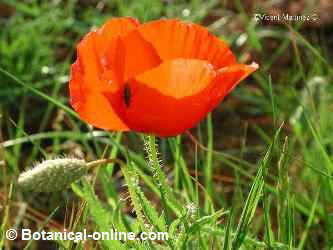
- Poppy (Papaver rhoeas) The hypnotic properties of the poppy can be used to treat insomnia. The preparations of this plant will allow sleep to people who have trouble sleeping.
- In recurrent cases, infusion of two teaspoons of dried petals per liter of water. Drink three cups each day, especially once before bedtime)
- In mild cases: Infusion of a pinch of dried petals per cup of water. Drinking a cup before bedtime)
- Lime: (Citrus aurantifolia) It is considered that lime balances the nervous system, because in their oils there are calming essences.) (Infusion of a teaspoon of dried leaves three times a day, or infusion of the bark of key lime)
- Lemon ( Citrus limonum) Lemon juice combined with a couple of tablespoons of honey mixed in warm water before bedtime can help fall asleep. This is a good treatment against insomnia.
- Lemon balm (Melissa officinalis) Besides soothing the nerves, lemon balm or melissa has slightly narcotic properties. This is interesting when one has difficulty sleeping.
- Infusion of a tablespoon per cup of water for 15 minutes. A glass half an hour before bedtime
- Put three drops of essence in a sugar cube and take half an hour before bedtime
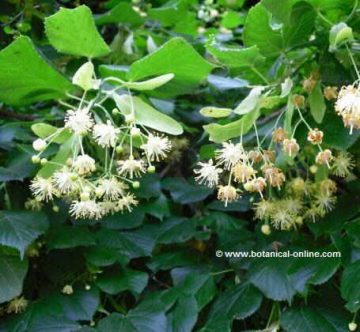
- Linden (Tilia x europaea) The use of infusions of linden flowers is especially interesting when we suffer from insomnia because of nervousness
- Infusion of a tablespoon per cup of water. A glass half hour before bedtime
- In very deep sleep disorders you can take up to 4 cups per day
- Tarragon: (Artemisia dracunculus) Tarragon contains sedative flavorings such as methyl eugenol and limonene. This plant is also an important source of apigenin, a type of flavonoid with demonstrated sedative properties. (5g infusion of dried leaves in 200ml of water. Two cups a day).
- Dong Quai (Angelica sinensis)
- Spirulina (Spirulina ssp.) Spirulina is rich in melatonin, a hormone that has been used as supplements for the treatment of numerous anomalies such as insomnia, prolongation of youth, the treatment of cancer, etc.
- Hops (Humulus lupulus) It is a good sedative for the nerves. (Infusion of a spoonful of dried flowers per cup of water)
- Peppermint/ mint (Mentha piperita / Mentha rotundifolia) Mint, like peppermint, is used to calm the heart palpitations. You can drink hot water with a few drops of its essence. (It is not too common, however, to find this variety of essences of mint in pharmacies or herbalists’.) (The same treatment can be used similarly to alleviate the psychosomatic effects of depression or to treat insomnia).
- Lavender (Lavandula officinalis) Although there are other more recognizable natural sedatives, soothing properties of lavender can be used to reduce nerve problems causing insomnia. (10-minute infusion of a spoonful of dry flowers per cup of water. Take 3 cups a day between meals)
External use preparations to treat insomnia
- Sage (Salvia officinalis) Add to the water bath the infusion of 3 tablespoons of dried plant in a liter of water. Take a bath for 15 to 20 minutes.
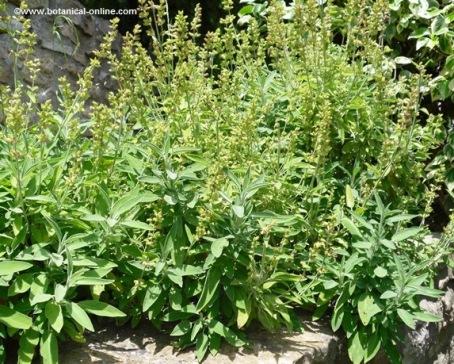
Sage photo
- Thyme (Thymus vulgaris) It is a very gentle relaxing and soporific remedy. In situations of general fatigue or heaviness it can be applied by adding in the water bath a good portion of the infusion of thyme flowers. (A very light infusion at a rate of one teaspoon of tea per cup of water helps to sleep)
![]() More information about remedies for insomnia.
More information about remedies for insomnia.

